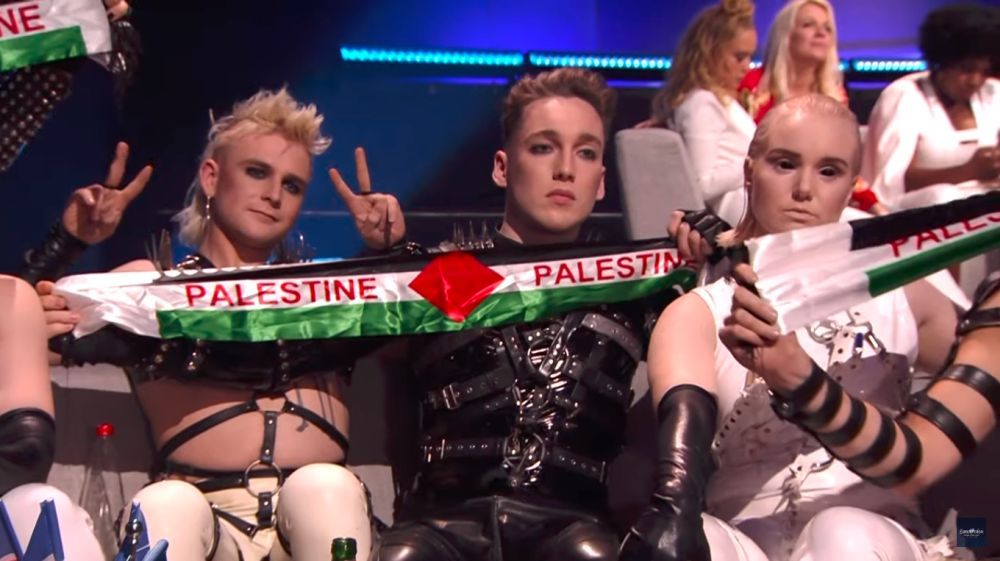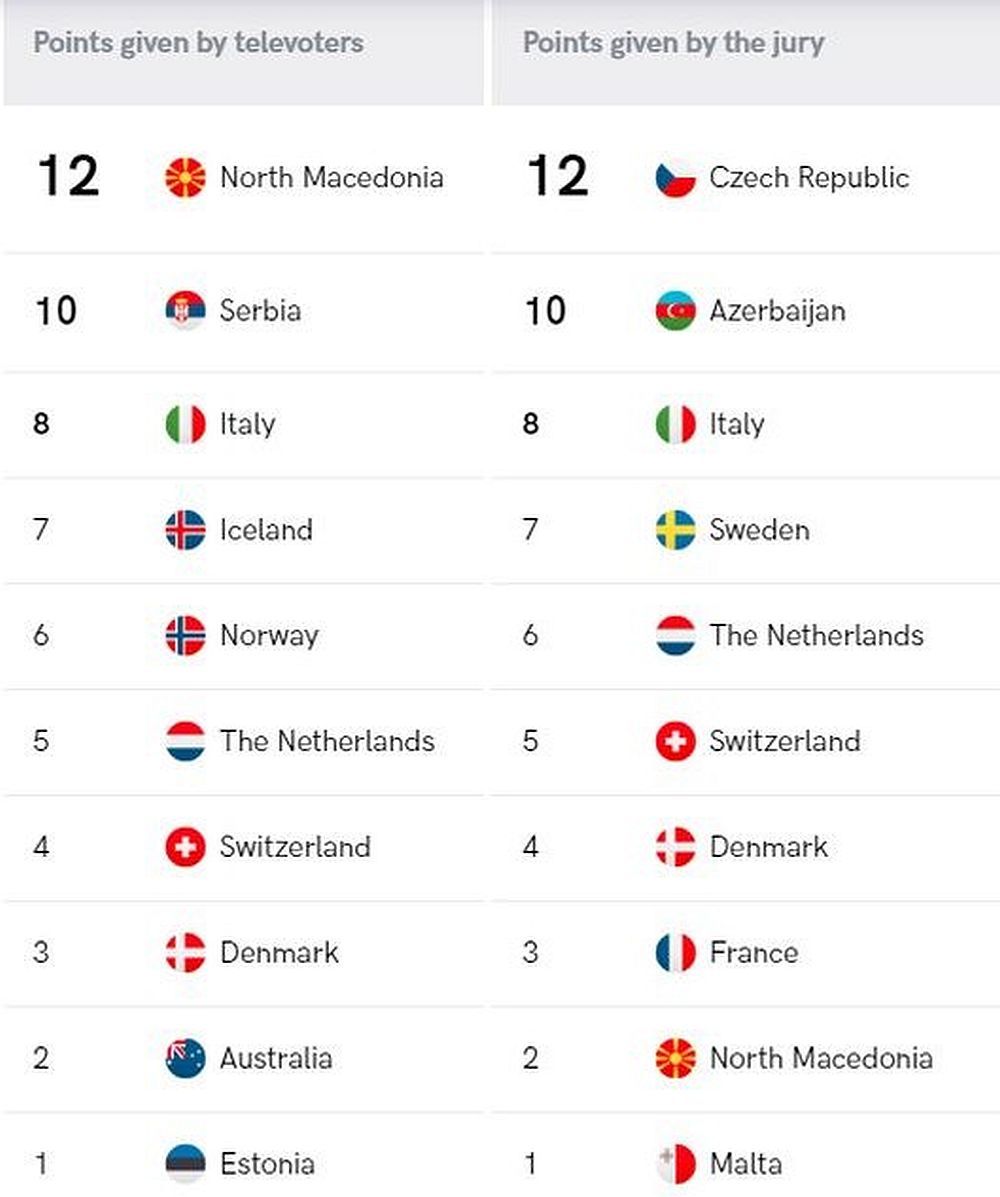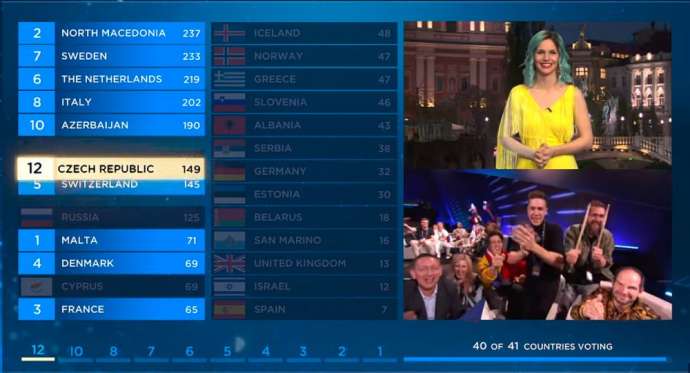May 19, 2019
While staying awake to the end of the Eurovision Song Contest is too much of a challenge for some, others gain in excitement as the show progresses, with casting votes and adding the points being the highlight they’ve been waiting for.
Although the Eurovision Song Contest was established as an entertainment and politics-free event that would bring Europe together, it has never avoided being heavily influenced by regional geopolitical factors throughout the voting or even in songs themselves. In 2016, for example, two years after Russian annexation of Crimea, Ukraine won the contest with a song about the deportation of Crimean Tatars by Stalin’s Soviet Union, sparking protests from Russia. This year, on the other hand, the Icelandic group Hatari displayed Palestinian flags in Tel Aviv during the popular vote announcements, sparking anger from the production staff, who demanded the flags be handed over to them as objects of political statement are not allowed on the premises of the competition.

"Give me palestine flag" so we can pretend they dont exist. #HATARI #12stig #Eurovision pic.twitter.com/szBh0PdfiI
— Stefán Ágústsson (@stebbisnaer) May 18, 2019
Even if we move past these singular events, it has been observed that countries of particular regions, for example the Balkans or Scandinavia, tend to exchange votes for songs among themselves – as do Greece and Cyprus, Belarus and Ukraine – unless something really spectacular is put on stage, such as this year’s Australian princess Elsa “flying” on a long stick. But since the songs tend to address as big an audience as possible, Eurosong acts are quite bland in general, which allows political divides to show.
So how did Slovenia vote this year?
Since voting is divided between the jury, which gives 50% of the vote, and popular audience, who gives it the other 50%, the results come in two separate columns:

Source: Eurovision.tv
Although some of the middle range of the countries chosen by the jury and the popular vote look similar, the top two suggest that the popular vote decided for some regional bonding, while the jury seems to have had things other than Yugoslav friendship in mind when deciding which song to award with 12 and 10 points. Also, we can see that the jury might have been playing safe and conservative when deciding whom to award points. Most notably we can see the jurors skipped goth-techno band Hatari from Iceland, but also Australia, whose performance was also quite unique, although perhaps meant for a different age group than Iceland’s bondage spectacular. Both of these countries were nevertheless awarded with points from the popular vote and so was Norwegian dance banger.







